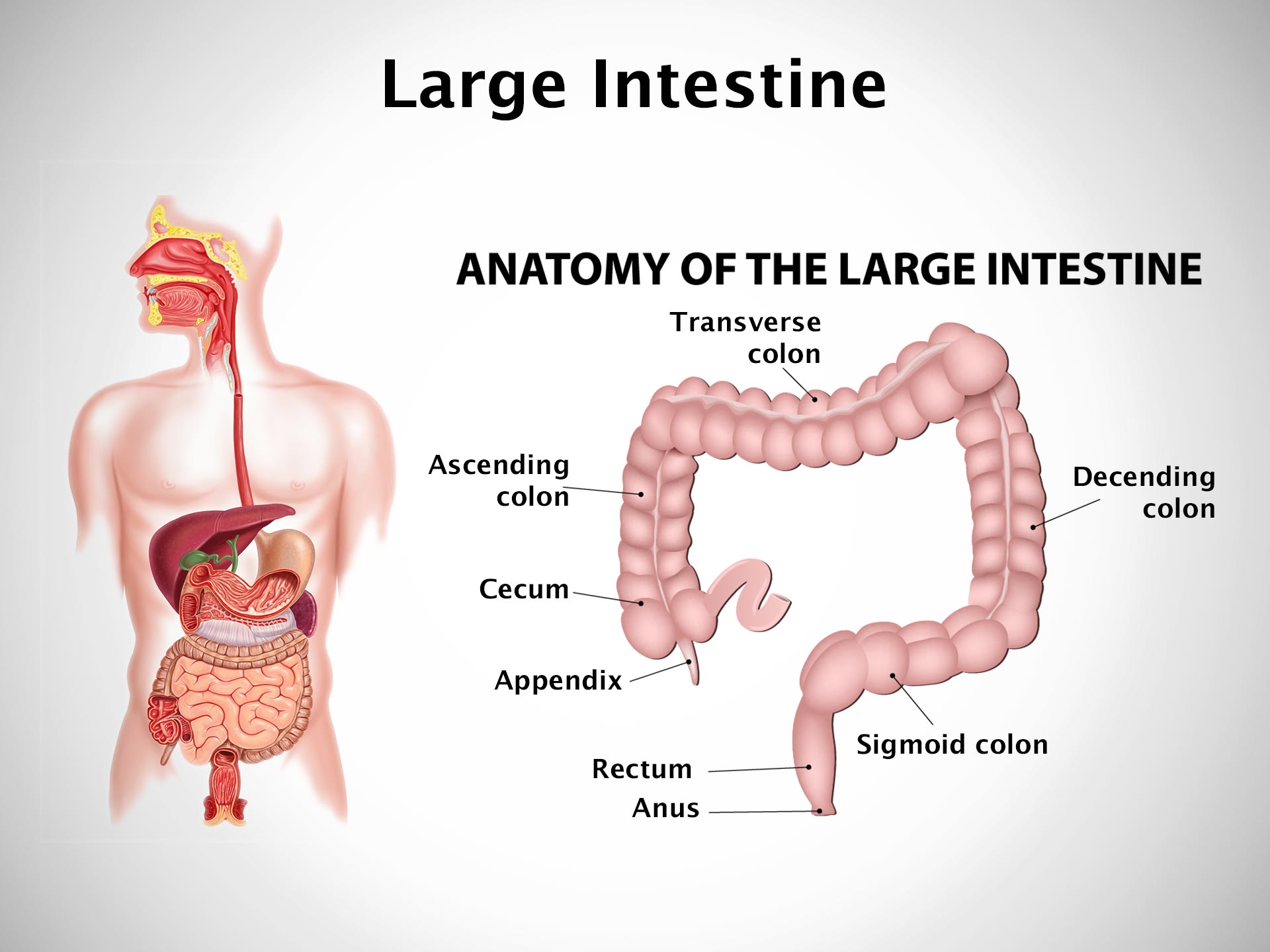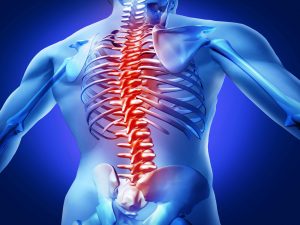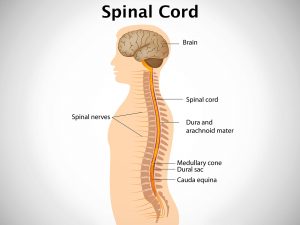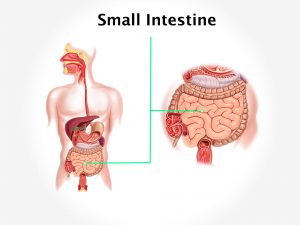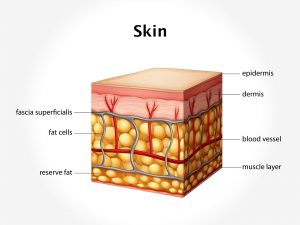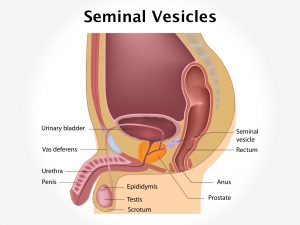Functions:
Absorption of water is the main function of the large intestine. It takes nearly 24 hours to 30 hours to complete the digestive process. It absorbs the water makes the stools solid. The large intestine also helps in absorption of vitamins with the help of friendly bacteria known as commonsal bacteria. These bacteria also produce large amounts of vitamins. The most important of these are vitamin K and biotin. Antibiotics kill the commonsal bacteria.
Diseases:
Gastro enteritis is the commonest disease condition of the large intestine. Diseases of large intestine include crohn’s disease which is chronic inflammatory disease. Ulcerative colitis is the inflammatory bowel disease. It also includes digestive disorders, irritable bowel syndrome which is most common functional disorder of the intestine. Collitis, appendicitis, constipation, diarrhoea, diverticular disease these are the diseases of colon or large intestine.
Interesting Facts:
Gases that build up in your large intestine cause flatulence. It usually takes about 30 to 45 minutes for these gases to pass through your system. There are 400 species of bacteria in the human colon.
